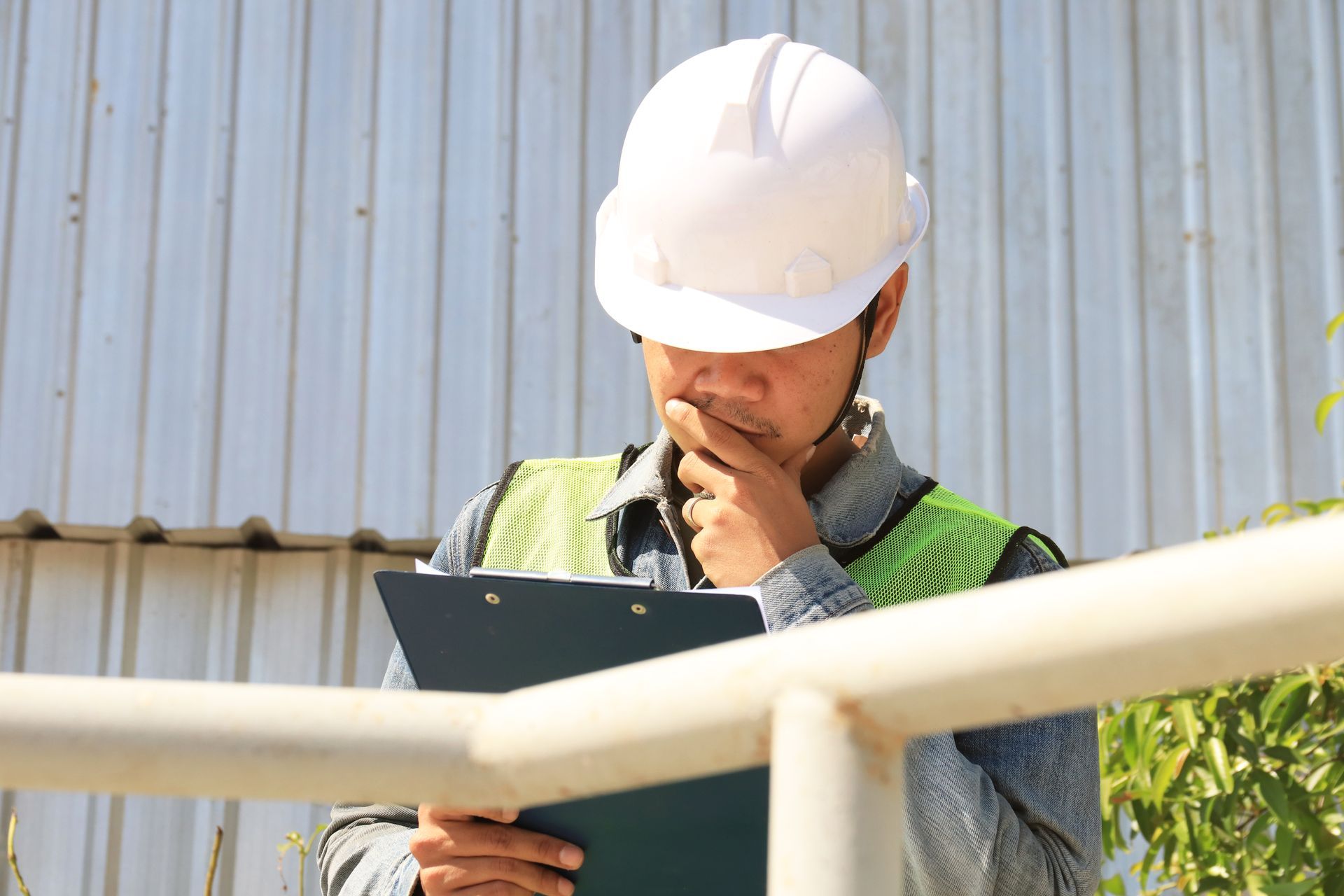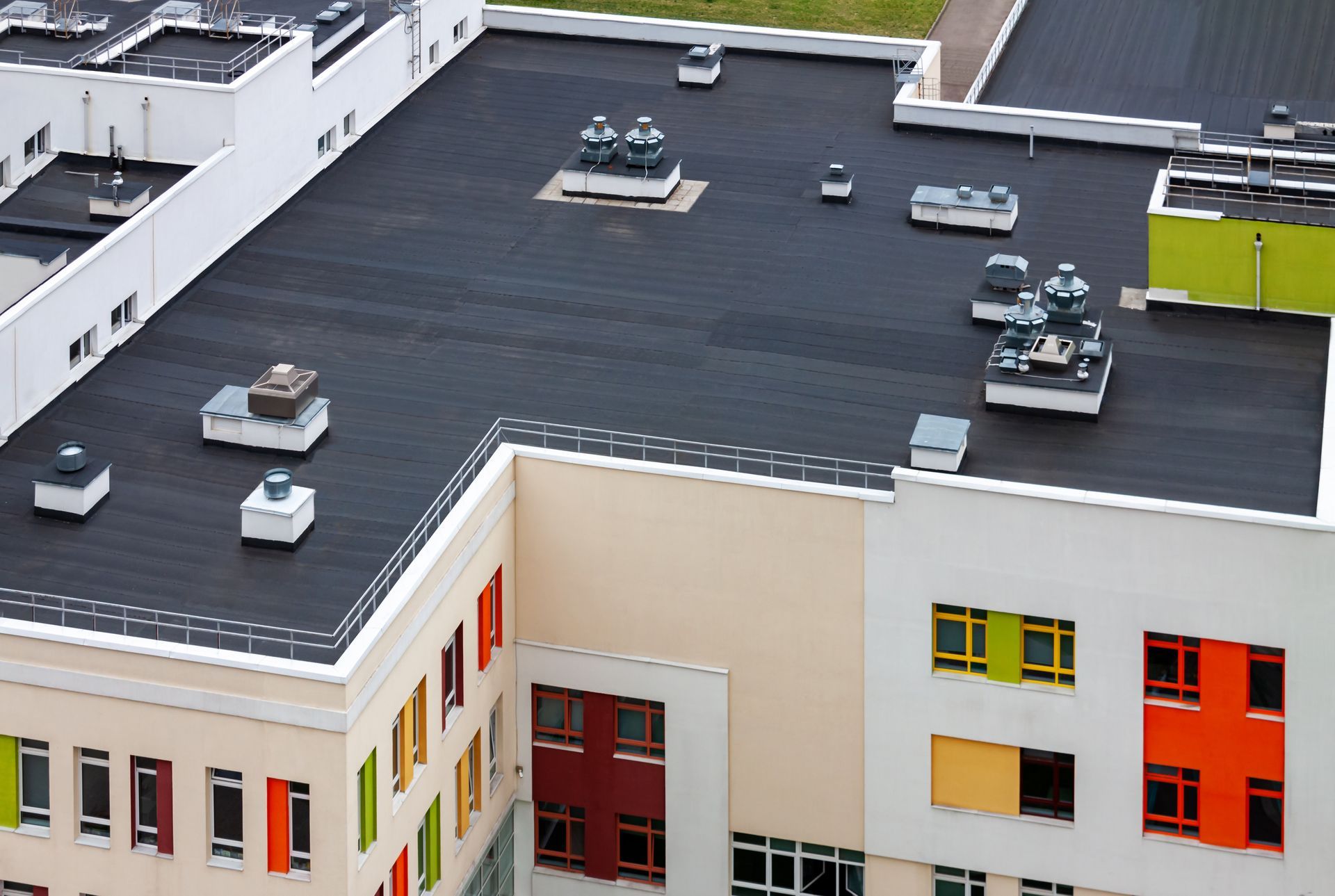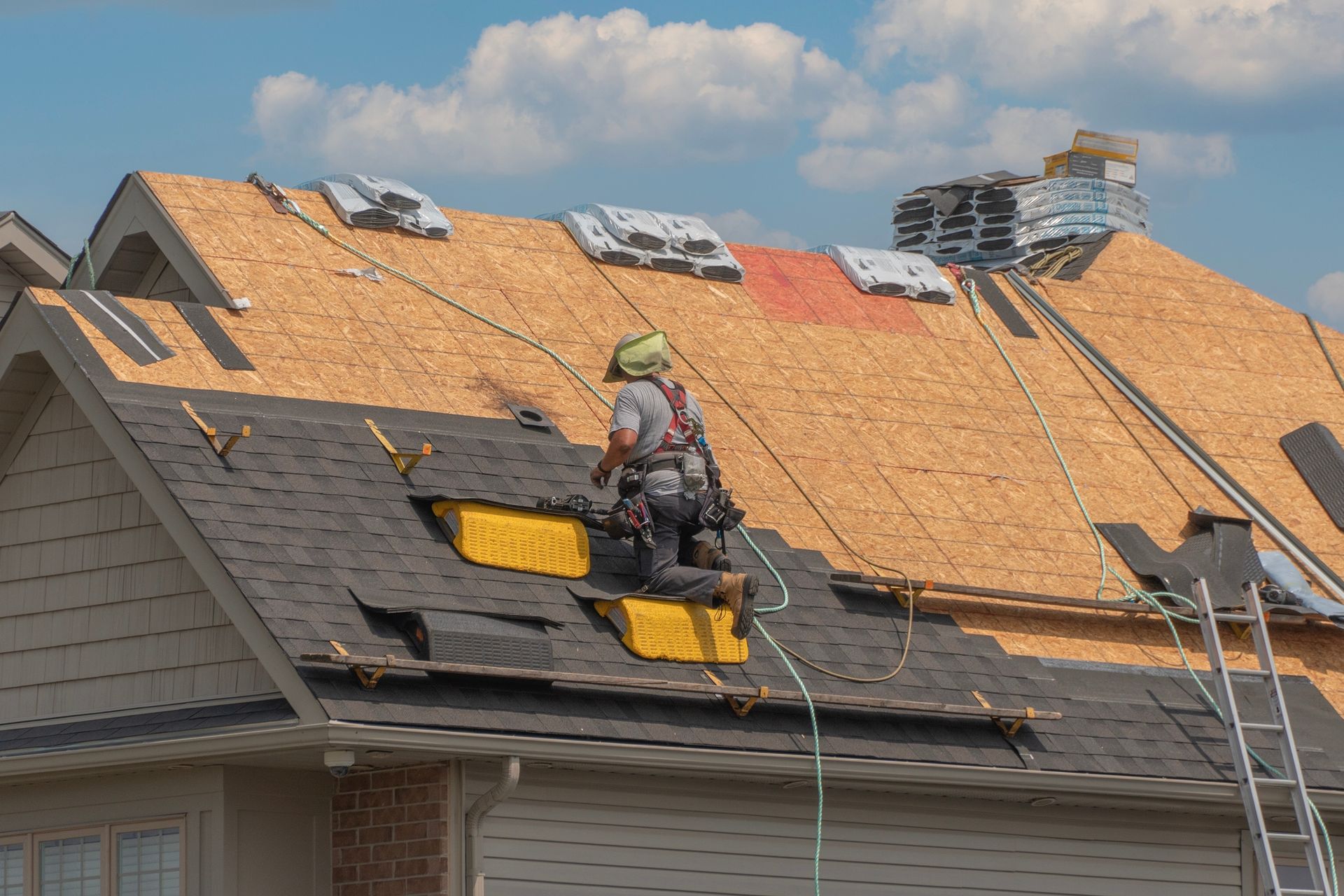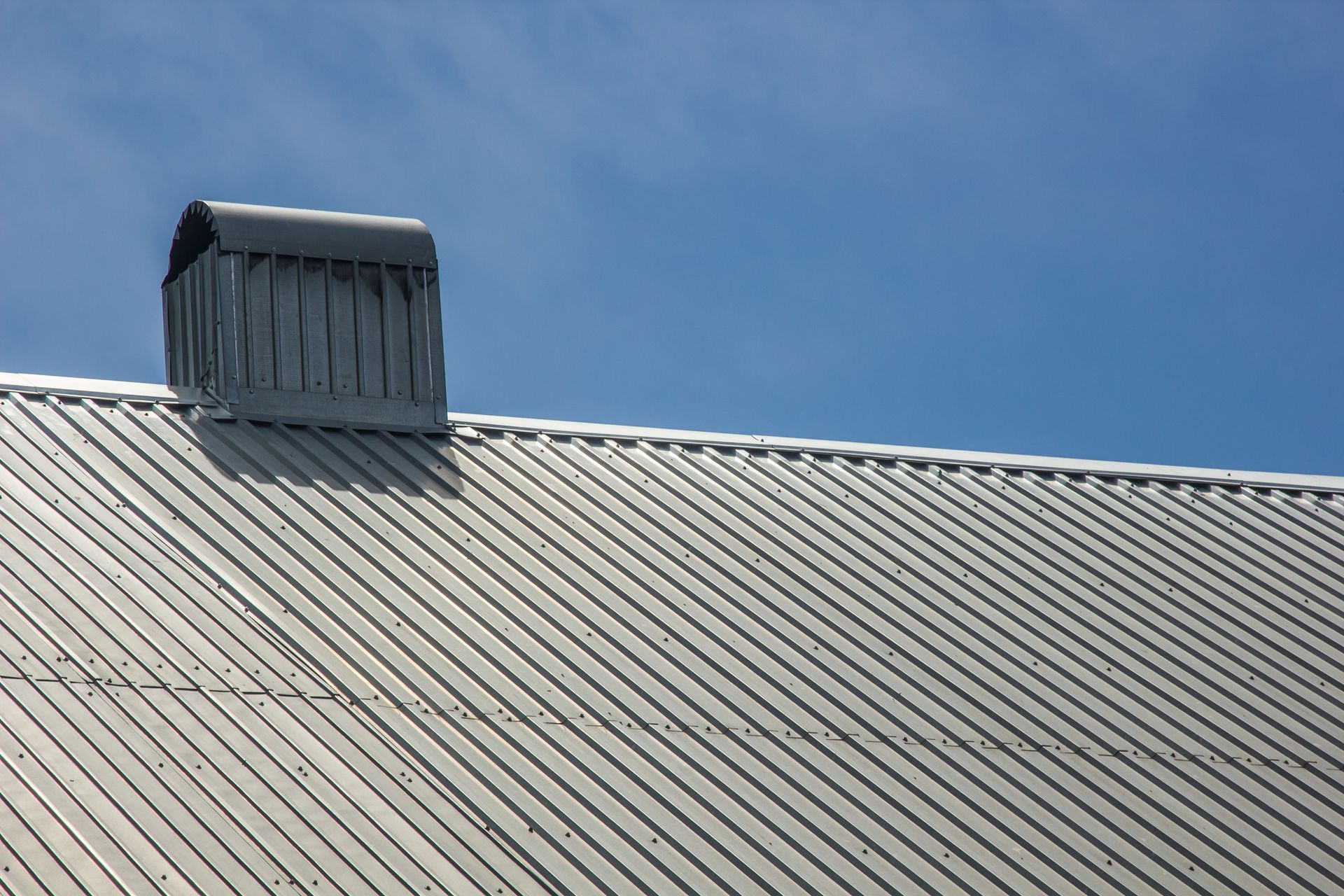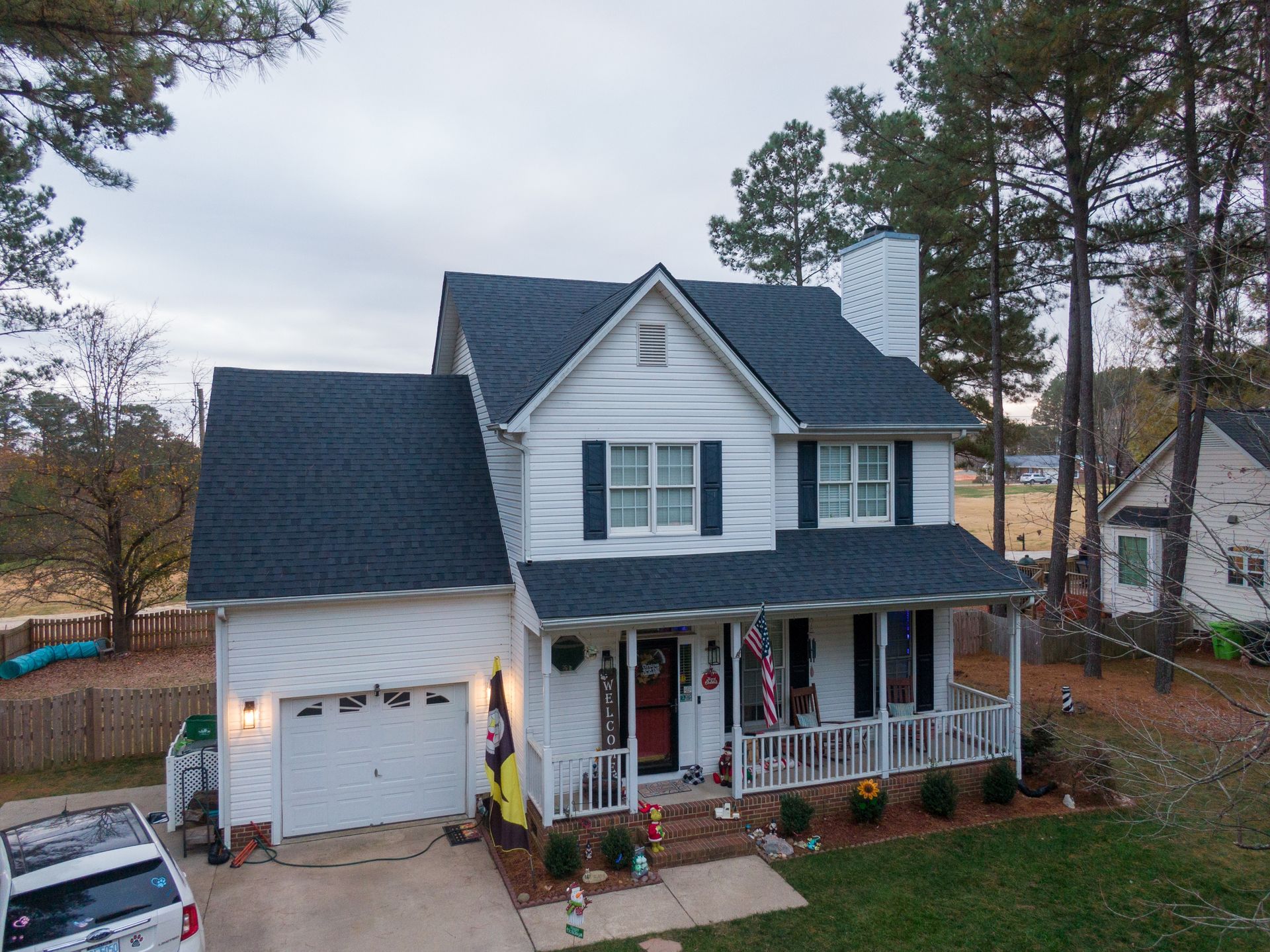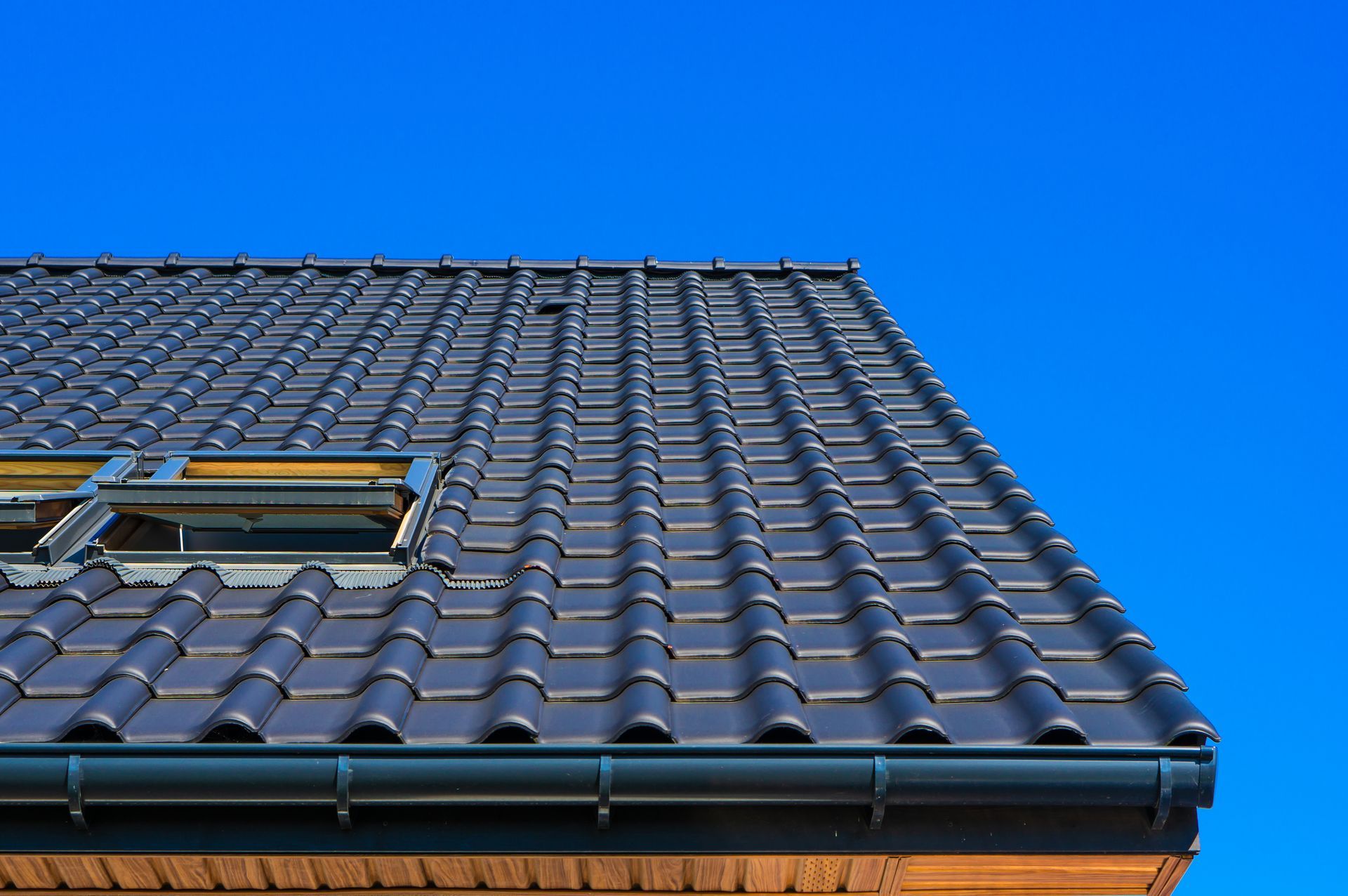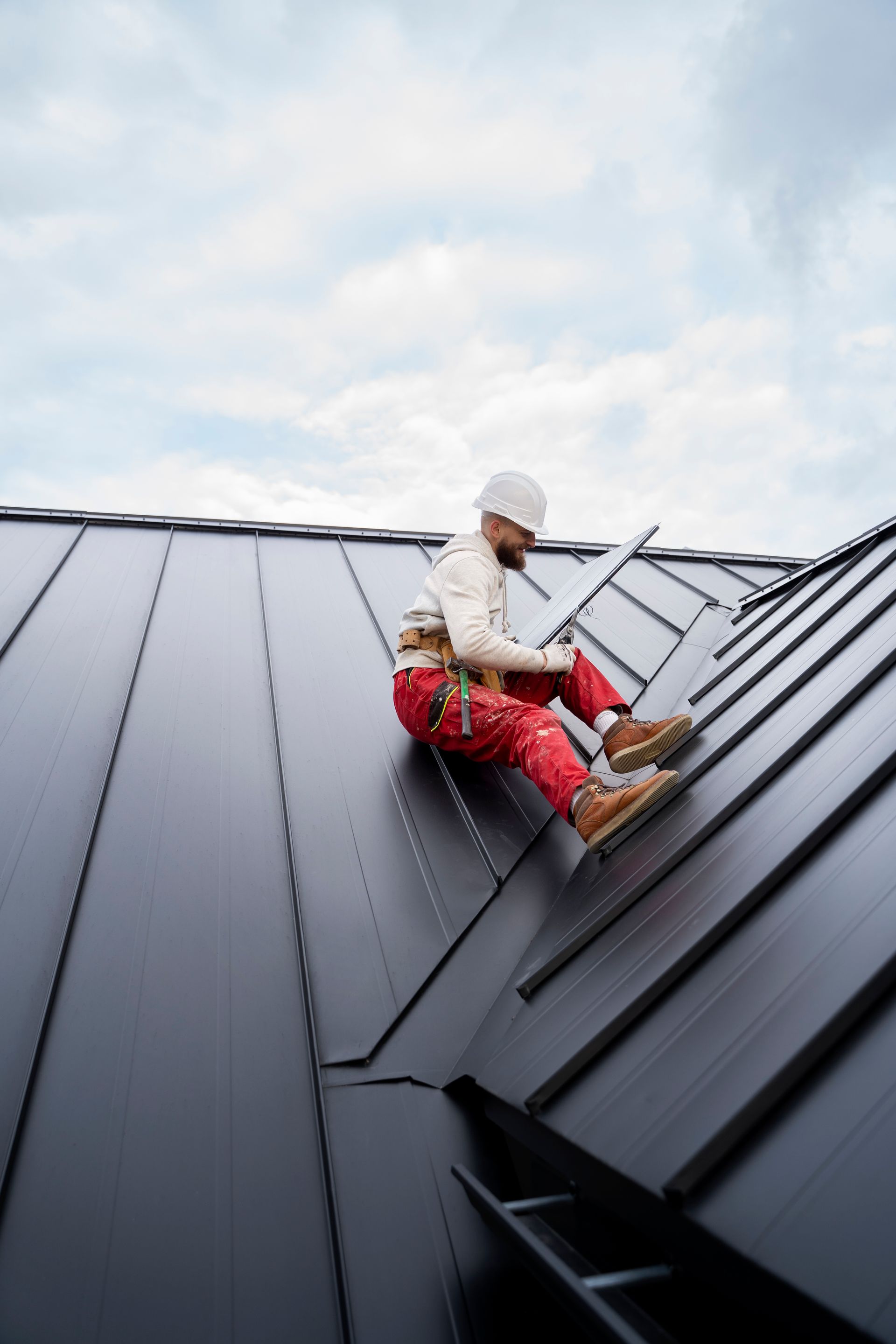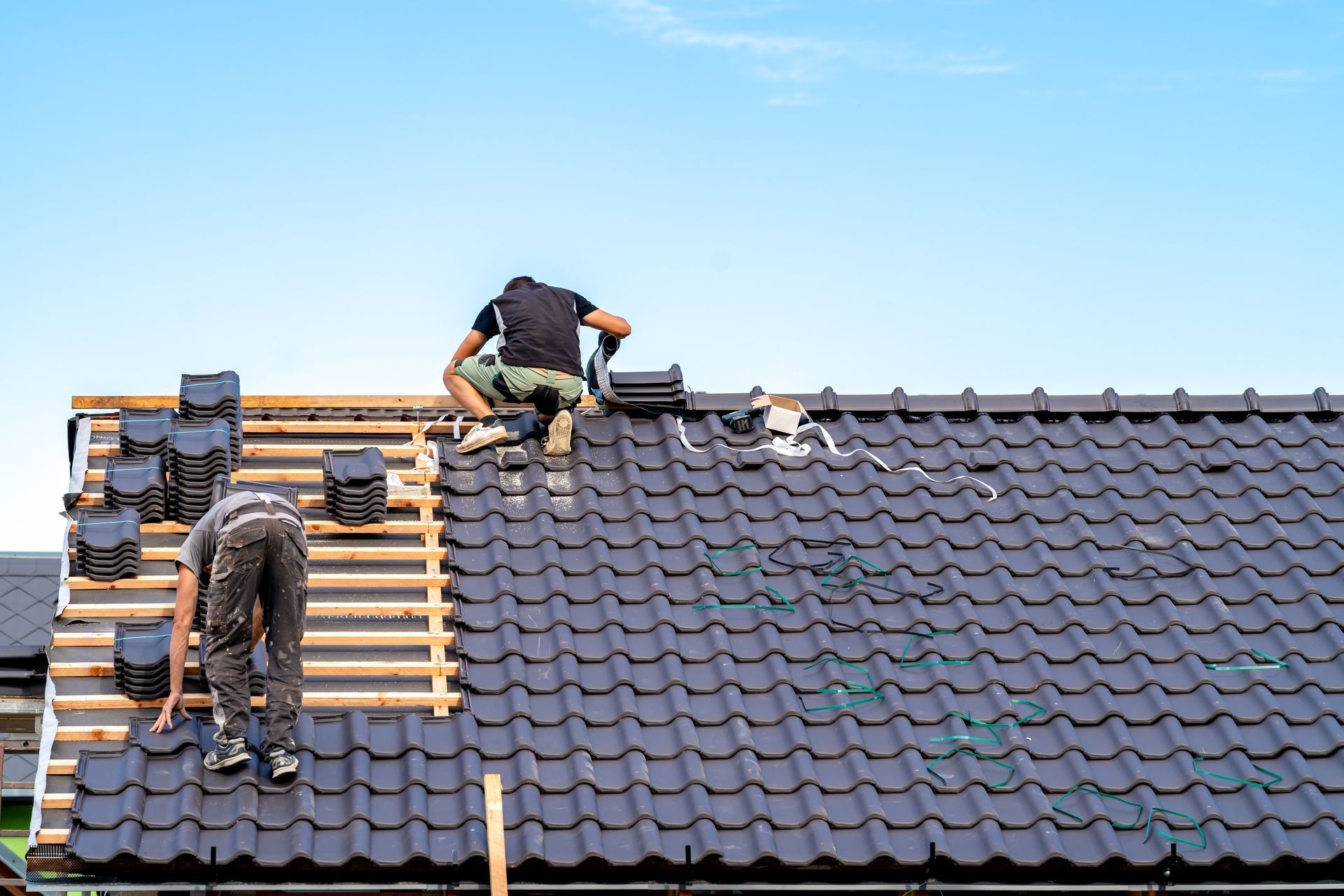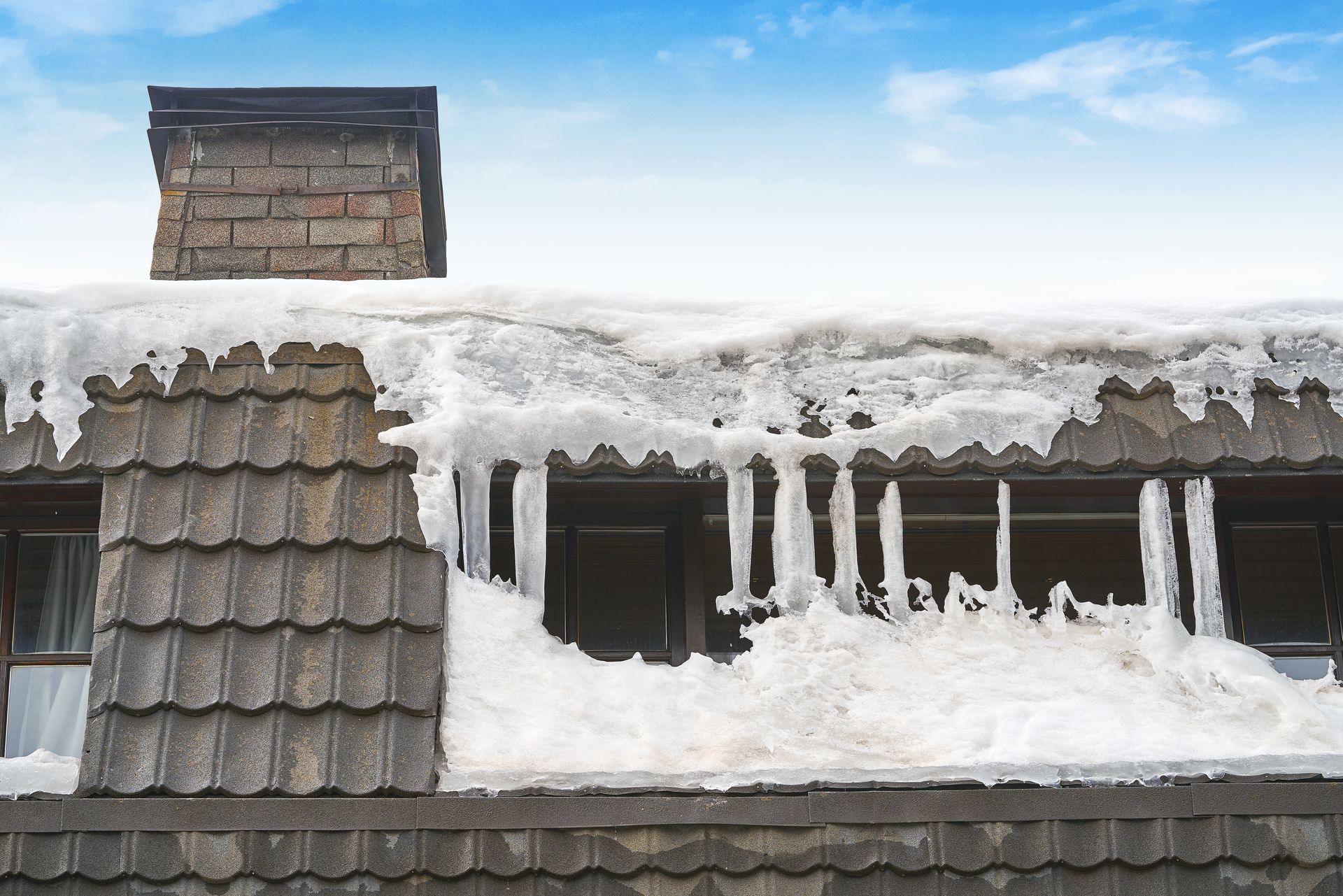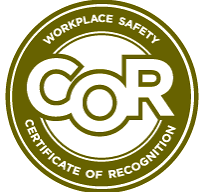Everything You Need to Know About Commercial Roofing
Introduction to Commercial Roofing
Commercial roofing is a critical aspect of any business infrastructure. Unlike residential roofs, commercial roofs are designed to cover larger areas and withstand additional stress. In this article, we will delve into the intricacies of commercial roofing, covering everything from materials and installation to maintenance and future trends.
Importance of Quality Roofing for Businesses
The roof is a business’s first line of defense against the elements. A well-maintained and durable commercial roof not only protects the interior but also enhances the overall aesthetics of the building. It contributes to energy efficiency, insulation, and, most importantly, the longevity of the structure.
Types of Commercial Roofing Materials
Commercial roofs come in various materials, each with its unique features. Single-ply roofing, metal roofing, and built-up roofing are popular choices. Understanding the pros and cons of each material is crucial for making an informed decision.
Single-Ply Roofing
Single-ply roofing, such as TPO and PVC, offers flexibility and cost-effectiveness. It’s easy to install and provides excellent UV resistance.
Metal Roofing
Metal roofing is known for its durability and longevity. It’s resistant to fire, insects, and rot, making it a popular choice for commercial properties.
Built-Up Roofing
Built-up roofing involves layers of asphalt and bitumen, providing a sturdy and waterproof surface. It’s ideal for flat or low-sloped roofs.
Factors to Consider When Choosing Commercial Roofing
When selecting commercial roofing, factors like durability, cost-effectiveness, and energy efficiency should be prioritized. These considerations ensure a long-lasting investment that meets the unique needs of the business.
Durability
Commercial roofs face constant exposure to harsh weather conditions. Choosing a durable material ensures the roof can withstand extreme temperatures, heavy rainfall, and other environmental challenges.
Cost-effectiveness
While initial costs matter, considering the long-term expenses is equally important. Investing in high-quality materials may incur higher upfront costs but often proves more cost-effective in the long run.
Energy Efficiency
Energy-efficient roofing materials contribute to reduced utility bills by reflecting sunlight and minimizing heat absorption. This not only benefits the environment but also enhances the building’s energy performance.
Common Commercial Roofing Issues
Despite quality materials and proper installation, commercial roofs can face various issues over time. Understanding these common problems is essential for timely maintenance and repair.
Leaks and Water Damage
Leaking roofs are a significant concern, leading to water damage, mold growth, and structural issues. Regular inspections and prompt repairs can prevent these issues from escalating.
Punctures and Tears
Commercial roofs are susceptible to punctures from falling debris or foot traffic during maintenance. Periodic inspections help identify and address punctures before they compromise the roof’s integrity.
Poor Installation
Improper installation can result in a range of problems, from inadequate insulation to leaks. Hiring a reputable and experienced commercial roofing contractor is crucial for avoiding installation-related issues.
Benefits of Regular Roof Maintenance
Regular maintenance is the key to prolonging the lifespan of commercial roofs. It involves inspections, cleaning, and minor repairs to address issues before they escalate.
Hiring a Professional Commercial Roofing Contractor
Selecting the right contractor is paramount for a successful commercial roofing project. Credentials, experience, and customer reviews should be carefully considered when making this decision.
Credentials and Experience
A reputable contractor should have the necessary licenses, certifications, and a proven track record in commercial roofing. Experience in handling projects similar to the client’s is a significant advantage.
Reviews and References
Reading reviews and seeking references from previous clients can provide insights into the contractor’s reliability, professionalism, and the quality of their work.
Warranty and Insurance
A trustworthy contractor should offer a warranty on their work and be adequately insured. This ensures that any unforeseen issues or accidents during the project are covered.
The Process of Commercial Roof Installation
Commercial roof installation involves several stages, each crucial for the project’s success.
Roof Inspection
A thorough inspection is conducted to assess the existing roof condition, identify any issues, and determine the most suitable materials for the project.
Material Selection
Based on the inspection, the contractor and client collaborate to choose the appropriate roofing material, considering factors like budget, durability, and aesthetics.
Installation and Completion
The installation phase involves careful execution of the plan, ensuring proper insulation, waterproofing, and adherence to industry standards. Completion marks the successful culmination of the project.
Sustainable and Eco-Friendly Roofing Options
With increasing environmental consciousness, sustainable and eco-friendly roofing options are gaining popularity. Green roofs, solar panels, and reflective coatings contribute to both energy efficiency and environmental conservation.
Tips for Extending the Lifespan of Commercial Roofs
Proactive measures can significantly extend the lifespan of commercial roofs. Regular inspections, prompt repairs, and adopting sustainable practices contribute to longevity.
Cost Considerations in Commercial Roofing
Understanding the costs involved in commercial roofing projects is crucial for budgeting. It includes material costs, labor expenses, and any additional expenses related to the chosen roofing system.
Latest Trends in Commercial Roofing
Staying updated on the latest trends in commercial roofing ensures businesses make informed decisions. Cool roofing technologies, smart roofing systems, and innovative materials are shaping the future of commercial roofing.
Future Innovations in Commercial Roofing
Looking ahead, advancements in technology and materials are expected to revolutionize commercial roofing. From self-healing materials to advanced insulation, the future holds exciting possibilities for the industry.
Conclusion
In conclusion, commercial roofing is a multifaceted aspect of building maintenance that requires careful consideration and expert attention. Choosing the right materials, hiring a reputable contractor, and prioritizing regular maintenance are essential for ensuring the longevity and functionality of commercial roofs.
FAQs About Commercial Roofing
- Q: How often should I have my commercial roof inspected?
- A: It’s recommended to have your commercial roof inspected at least twice a year, preferably in the spring and fall.
- Q: Are there any eco-friendly options for commercial roofing?
- A: Yes, options like green roofs, solar panels, and reflective coatings contribute to eco-friendly commercial roofing.
- Q: What is the average lifespan of a commercial roof?
- A: The lifespan of a commercial roof varies depending on the material used, but it typically ranges from 15 to 30 years.
- Q: How can I prevent leaks in my commercial roof?
- A: Regular inspections, prompt repairs, and proactive maintenance are key to preventing leaks in commercial roofs.
- Q: Is it necessary to hire a professional contractor for commercial roof installation?
- A: Yes, hiring a professional contractor with experience in commercial roofing is crucial for a successful and long-lasting installation.
The post Everything You Need to Know About Commercial Roofing appeared first on Advanced Roofing Systems.

